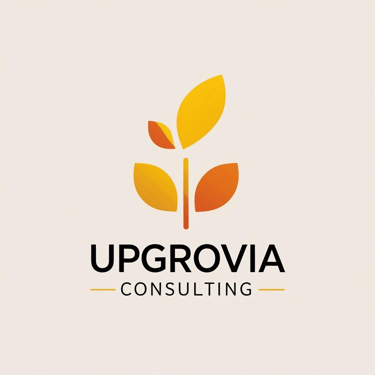The Trust Economy: Is Trust the New Currency?
Throughout history, economies have revolved around different sources of value. At one time it was gold, then the dollar, and later knowledge became the most critical form of capital. Today, however, a new kind of “currency” is rising to prominence in the business world: Trust.
NEXTGEN ECONOMIC REALITIES
8/21/20252 min read


The Trust Economy: Is Trust the New Currency?
Throughout history, economies have revolved around different sources of value.
At one time it was gold, then the dollar, and later knowledge became the most critical form of capital.
Today, however, a new kind of “currency” is rising to prominence in the business world: Trust.
Why Trust?
Digital transparency: Social media, online reviews and technologies like blockchain make every company action visible.
Crises and uncertainty: The pandemic, economic volatility and geopolitical risks have made trust the scarcest resource.
Customer behaviour: Consumers no longer buy just products; they buy honesty, ethics and transparency.
Trust = The New Capital
A company’s financial balance sheet may look strong. Yet if trust is undermined, brand value can collapse overnight.
Conversely, brands that build trust can turn economic crises into opportunities.
Tesla: Despite years of reporting losses, trust in its innovation kept investor support strong.
Starbucks: By investing in its employees, it strengthened social trust and created long-term customer loyalty.
Airbnb – Trust Economy in the Pandemic: When global travel came to a standstill, Airbnb introduced trust protocols for guests and hosts (cleaning standards, cancellation guarantees). As a result, it became one of the fastest-recovering travel brands and successfully went public in 2020.
Southwest Airlines: During the 2008 financial crisis, it was the only major airline not to lay off staff. The trust it gave to employees translated into customer loyalty. Post-crisis, Southwest emerged with the strongest balance sheet.
These examples demonstrate that:
Investments in trust, which may appear as short-term costs, multiply brand value in the long run.
Companies can turn crises into opportunities through transparency, ethics, community support and protecting their people.
The Three Dimensions of the Trust Economy
Customer Trust
A poor customer experience can reach millions via social media.
Transparency, sustainability and ethics now sit at the heart of purchasing decisions.
Employee Trust
In a world of talent wars, companies that fail to provide safe, fair and inspiring workplaces risk losing their brightest minds.
Investor Trust
ESG (Environmental, Social, Governance) standards have become the new compass for investors.
Companies are judged not only on financials but also on their social responsibility.
How to Build Trust?
Transparency: Don’t hide mistakes – acknowledge them.
Consistency: Ensure alignment between words and actions.
Invest in People: Employees are your most powerful brand ambassadors.
Social Contribution: Demonstrate that you exist not only for profit but also to create value.
Conclusion
In the 21st century, the real competitive advantage for companies will not be technology or capital, but trust.
Because once trust is earned, it becomes the most powerful driver of both customer loyalty and sustainable growth.
The question is:
“Where does your company write trust on its balance sheet?”
